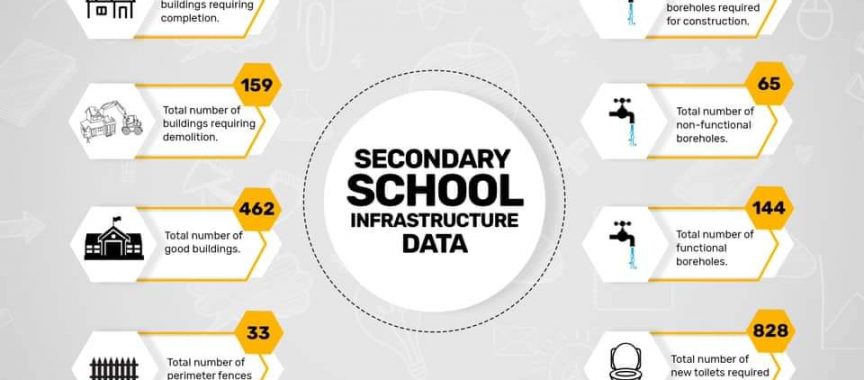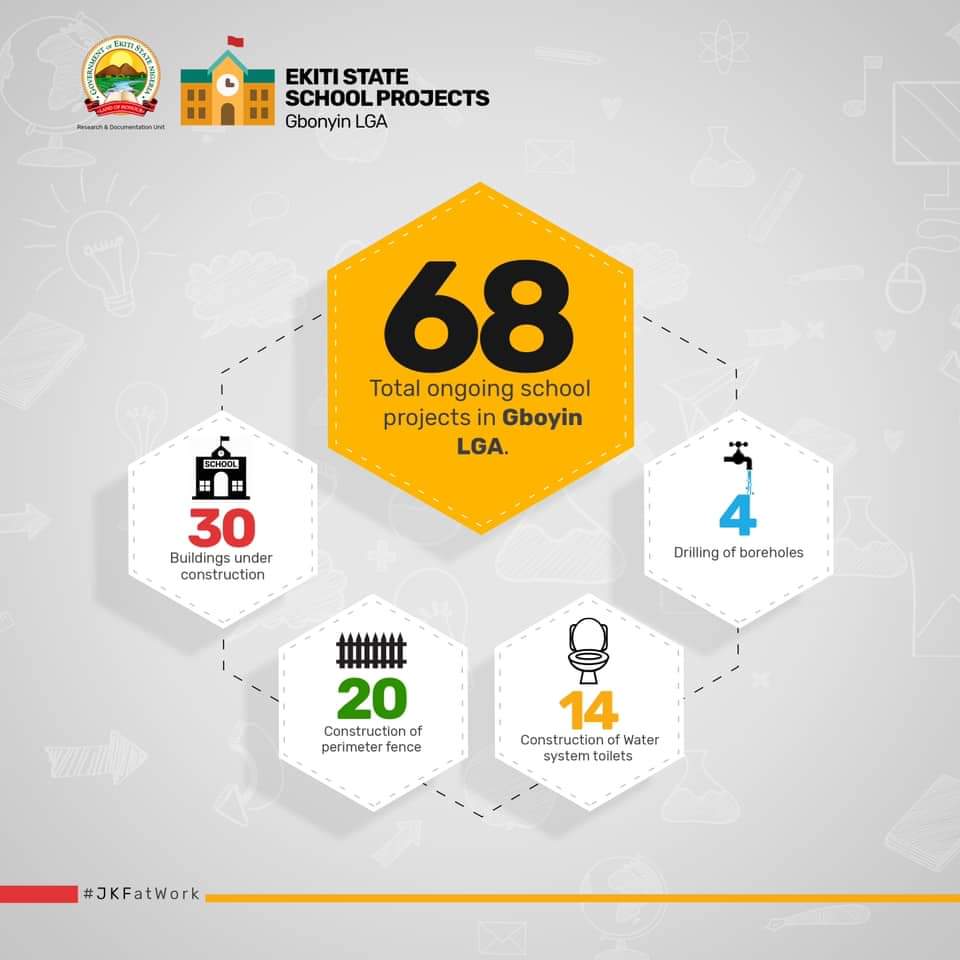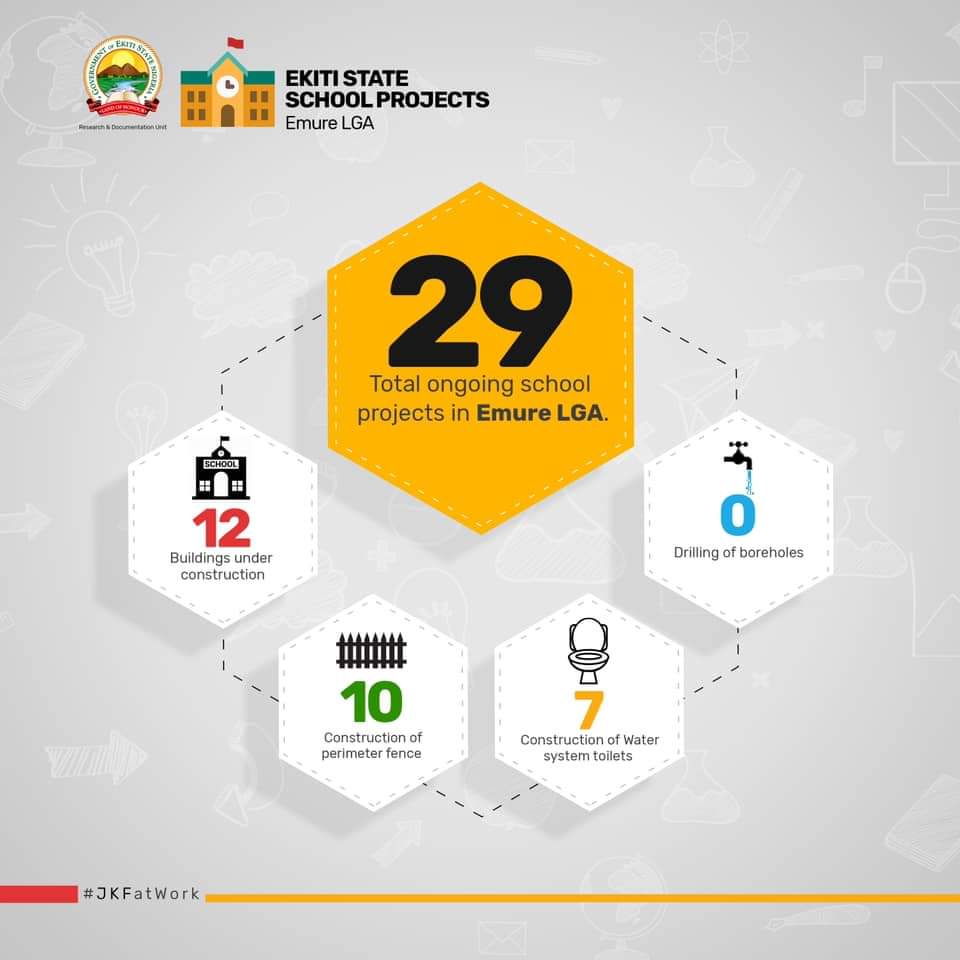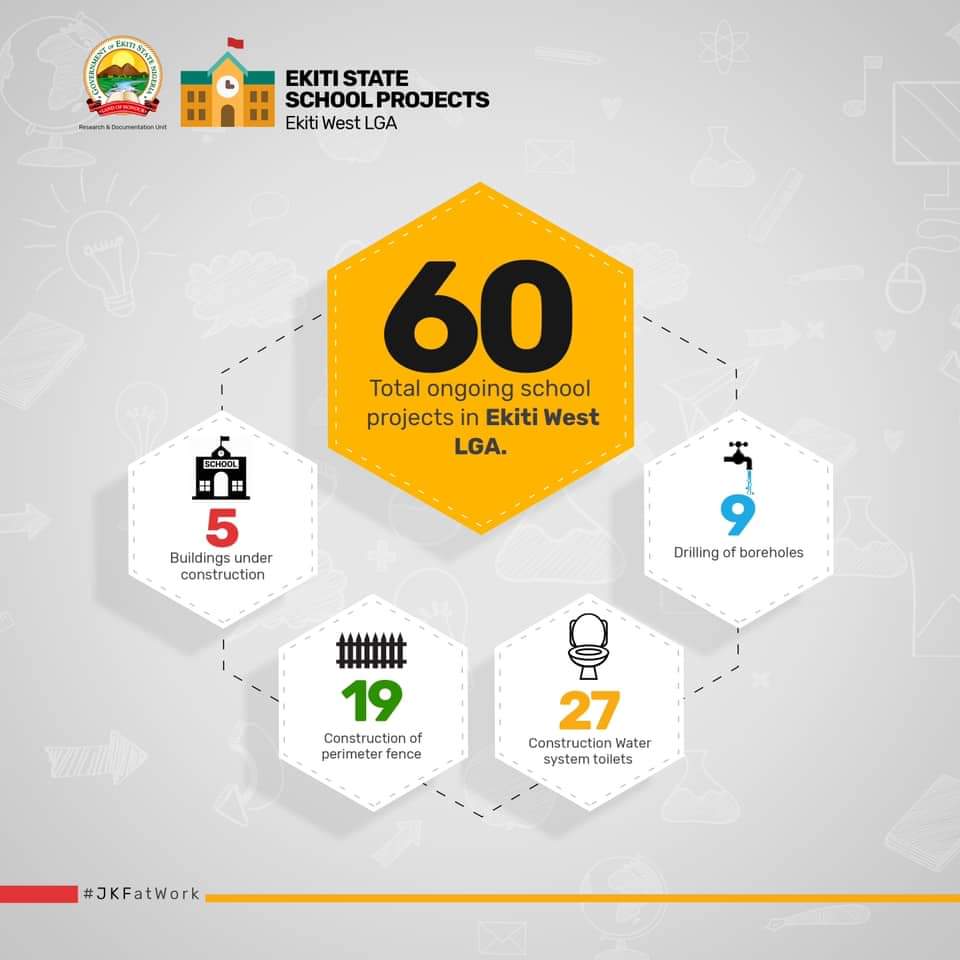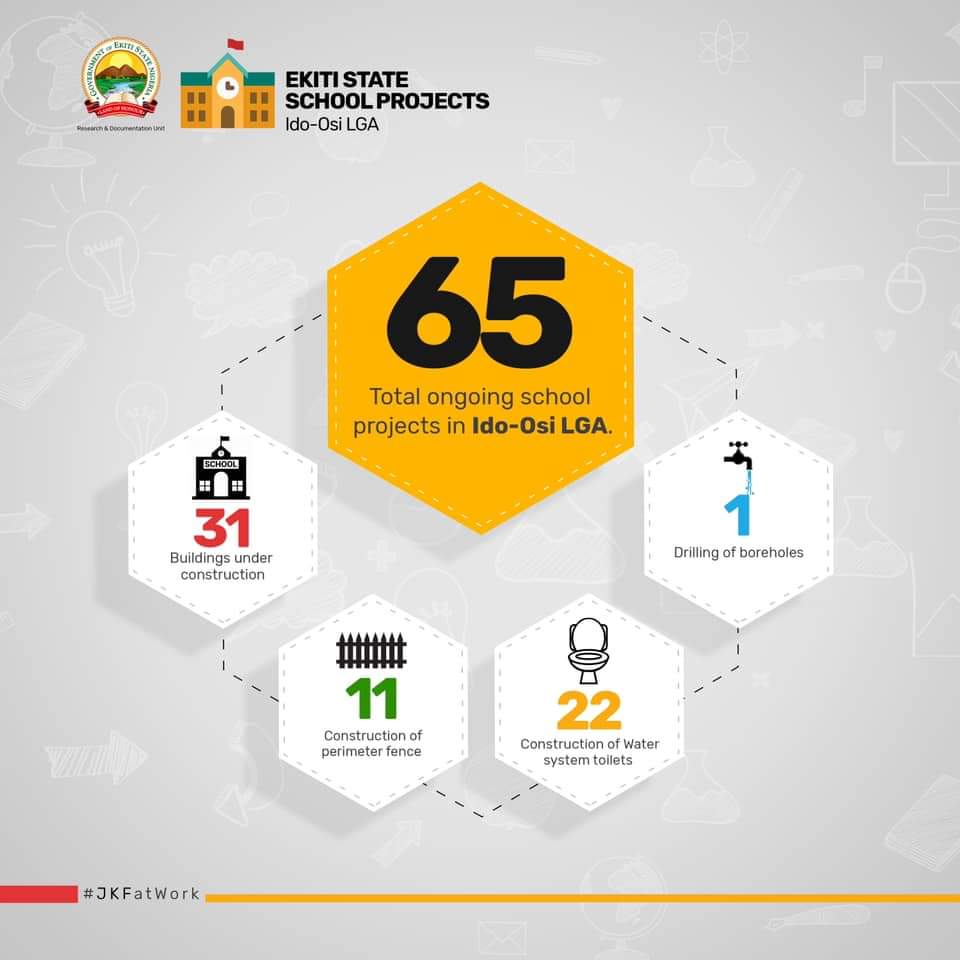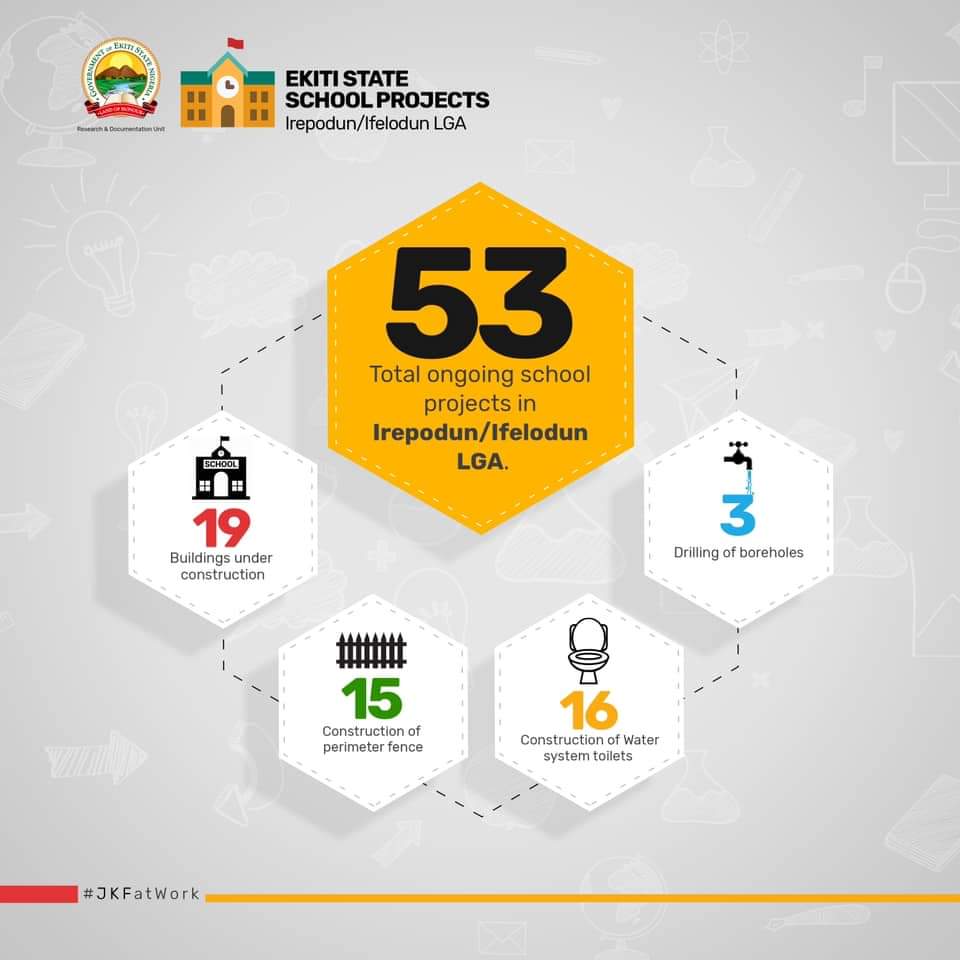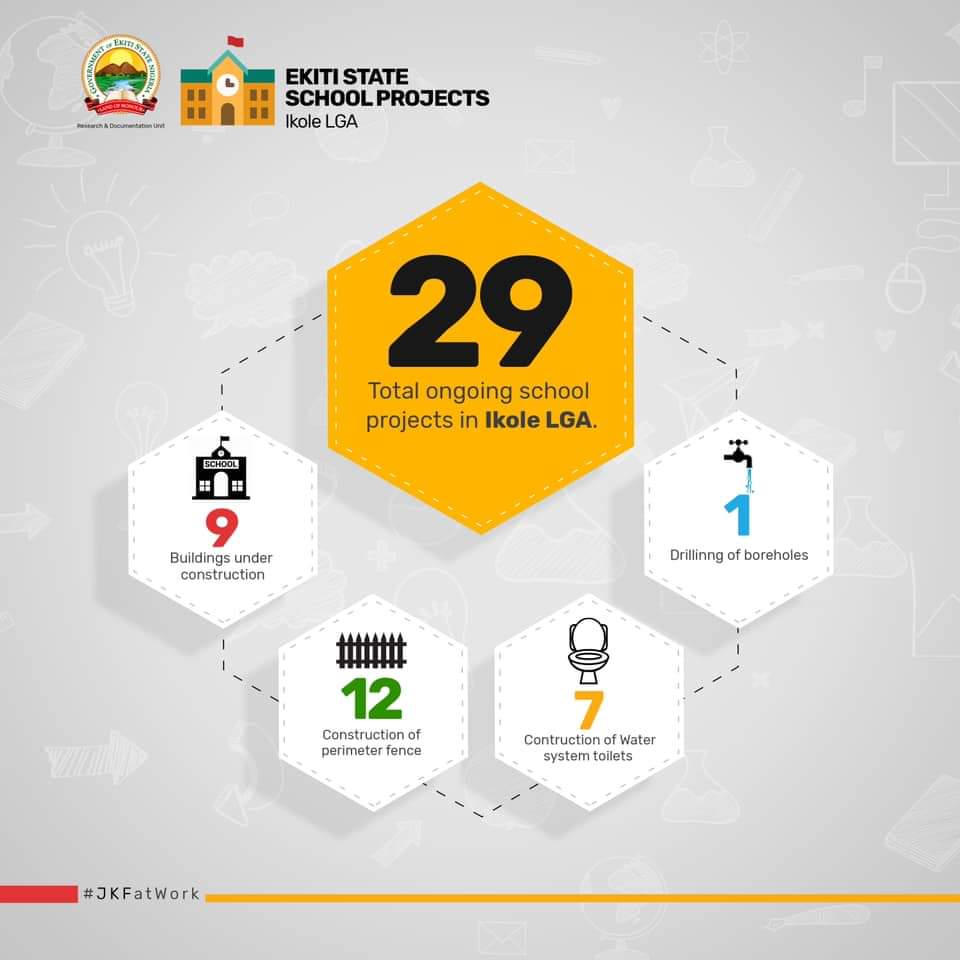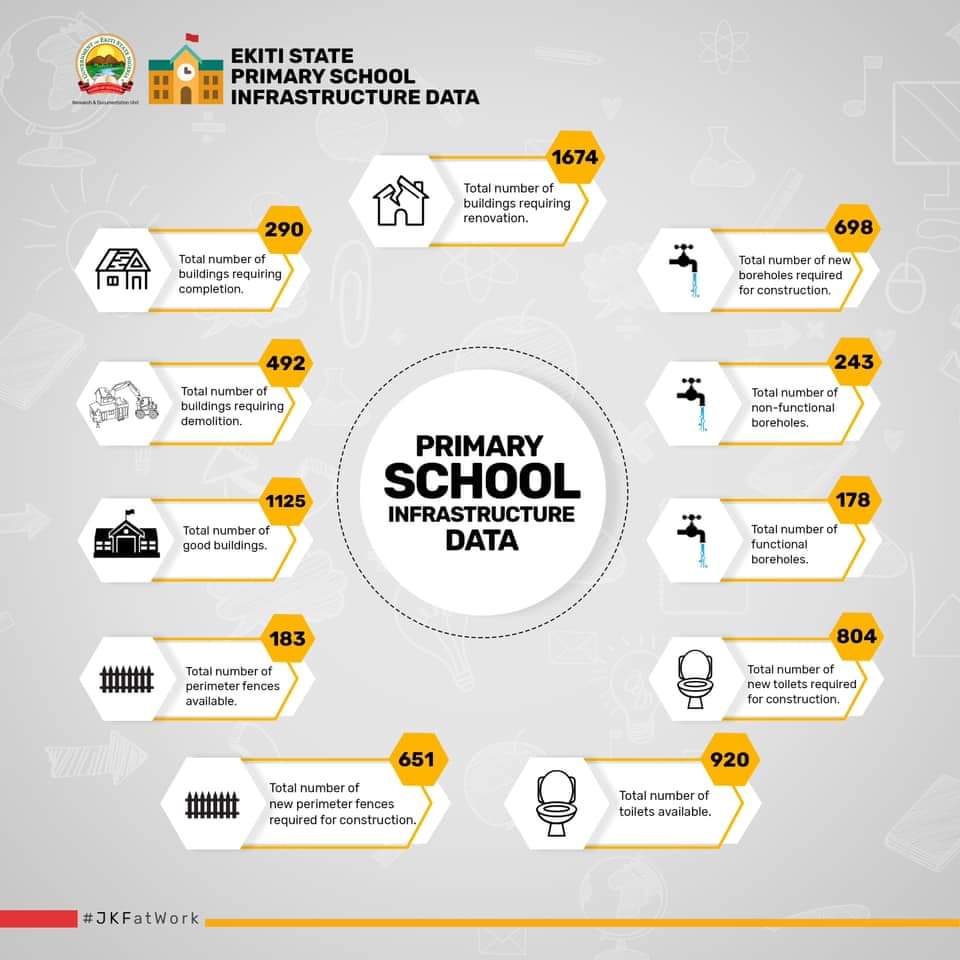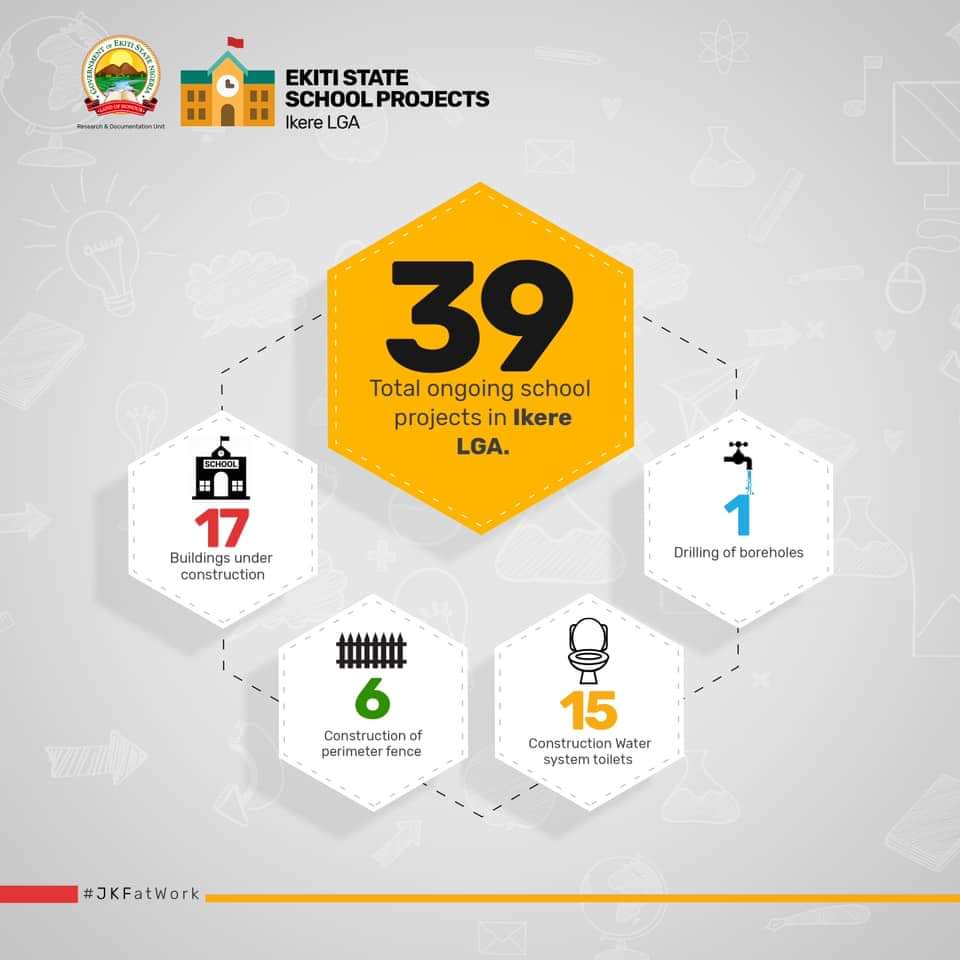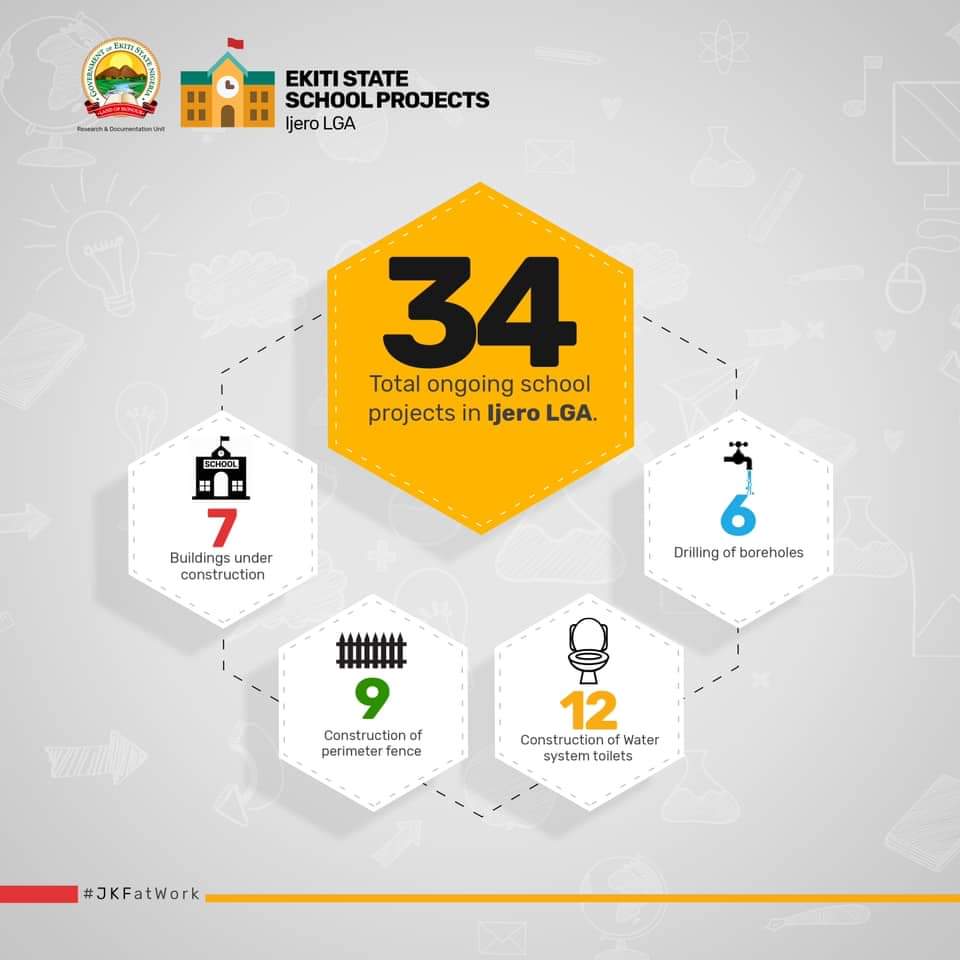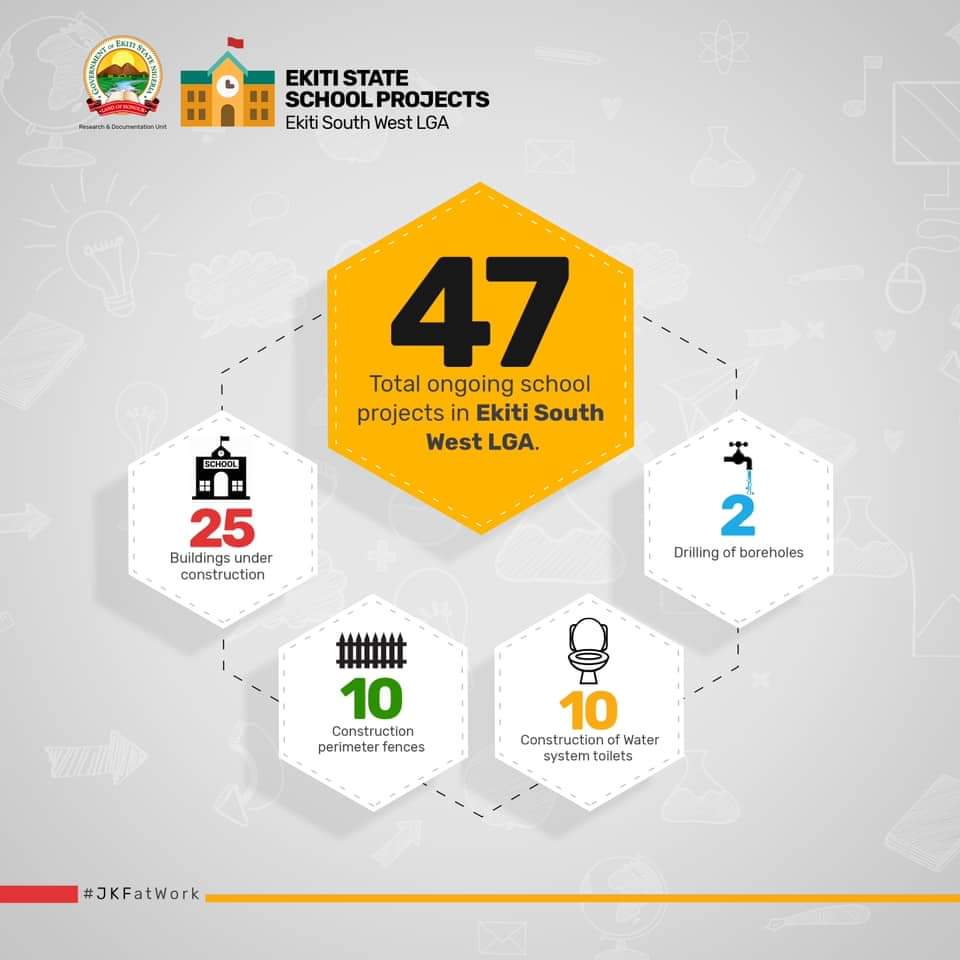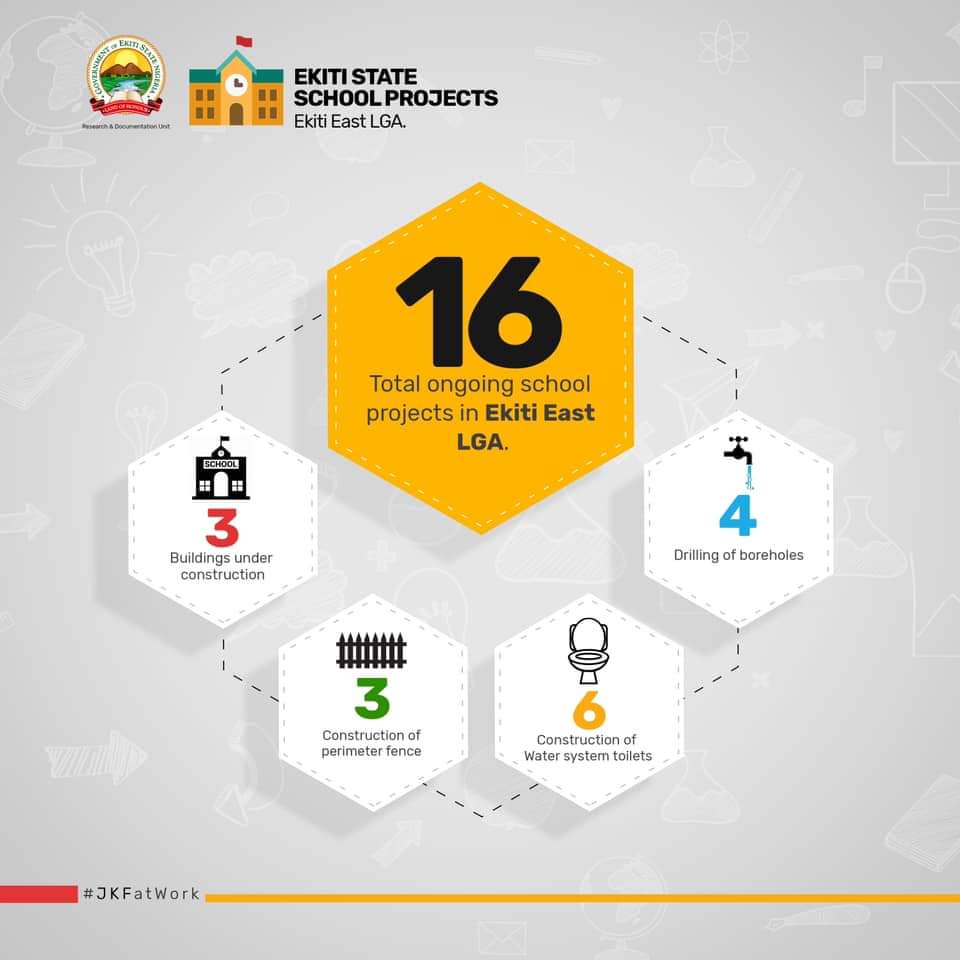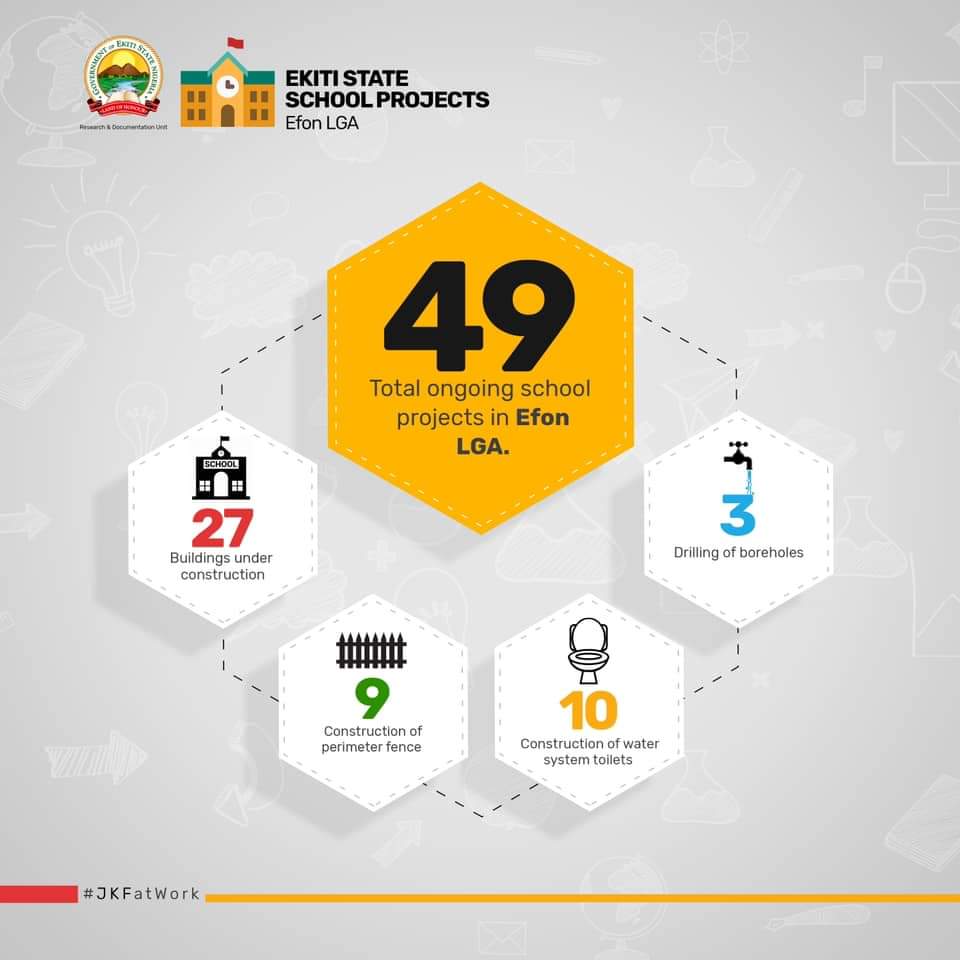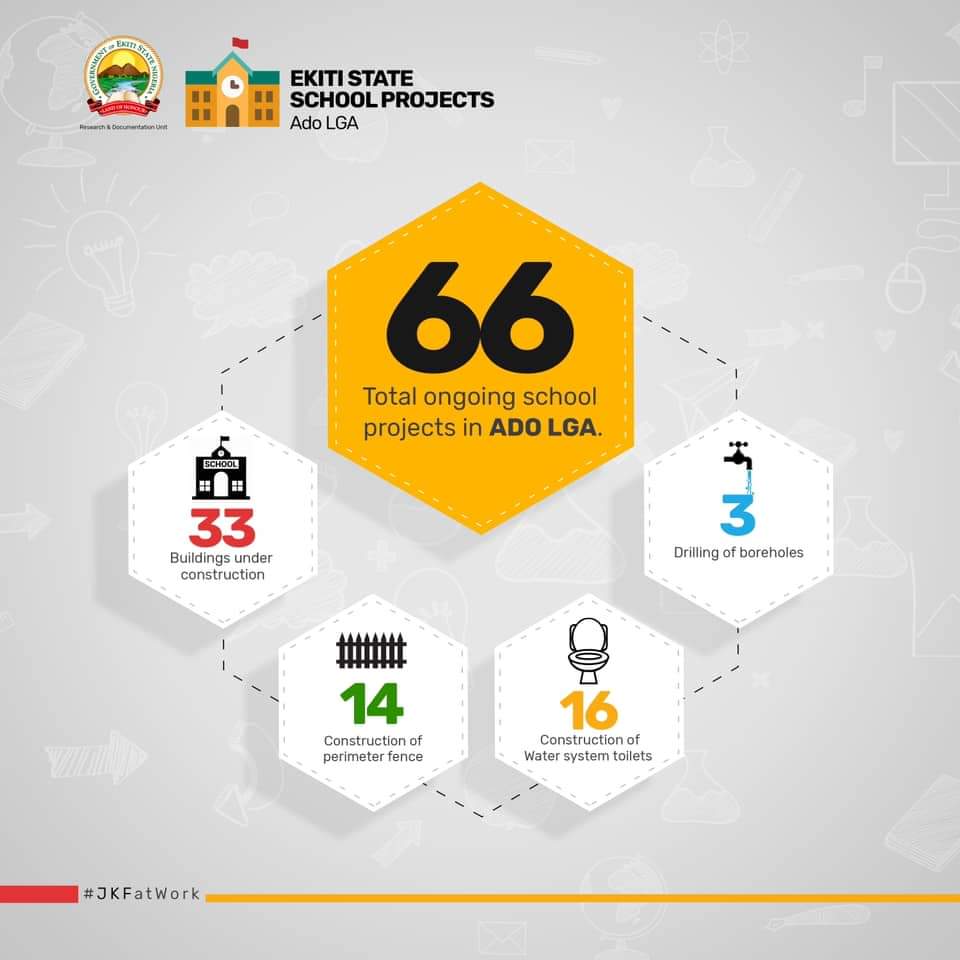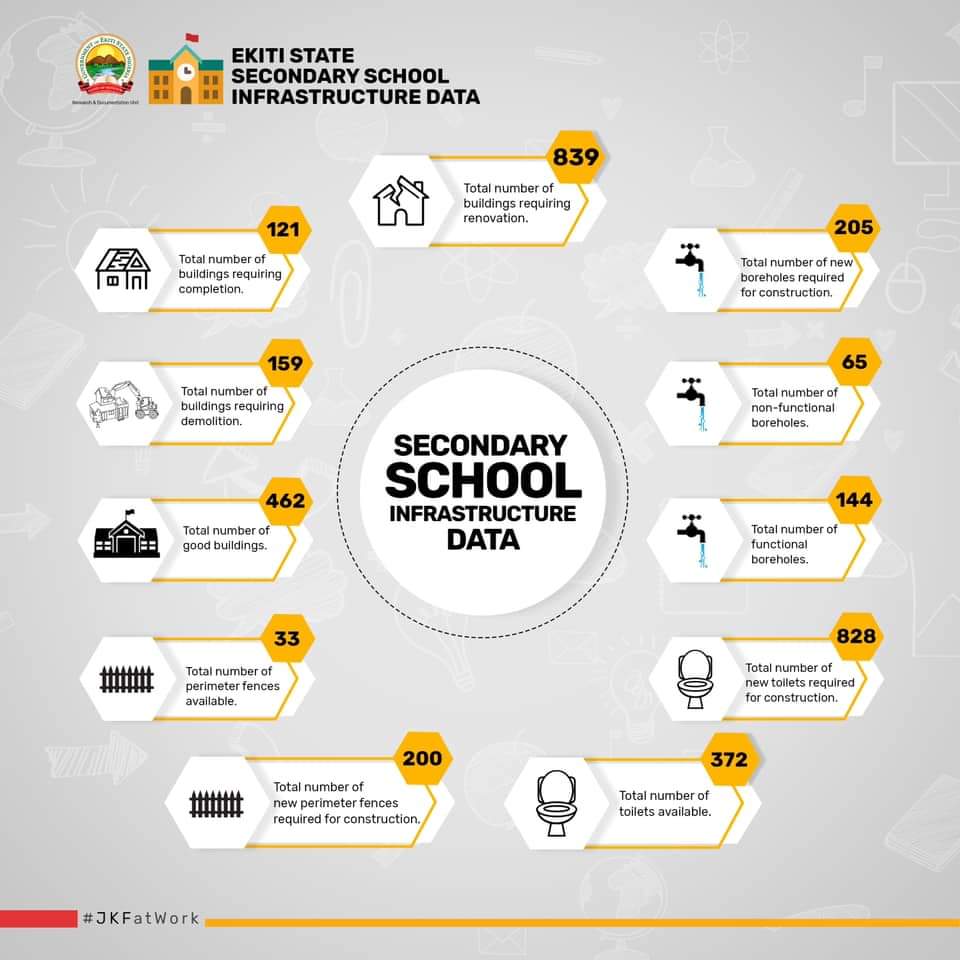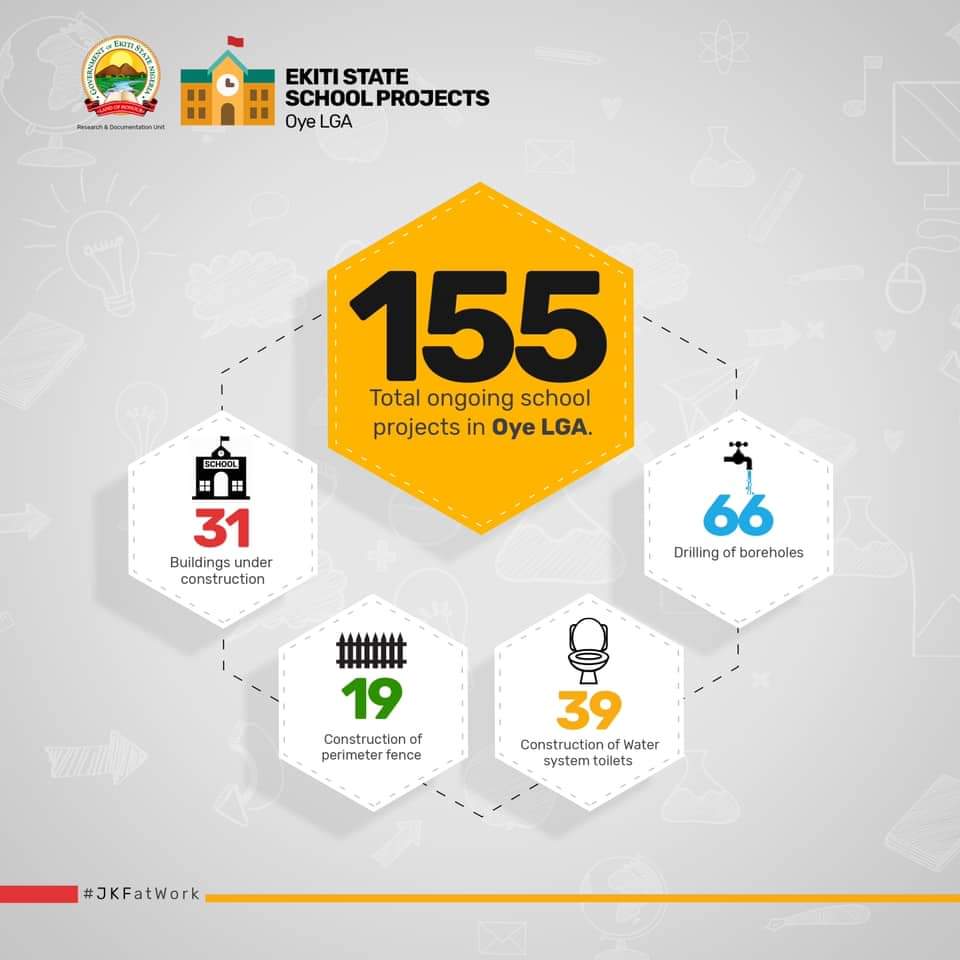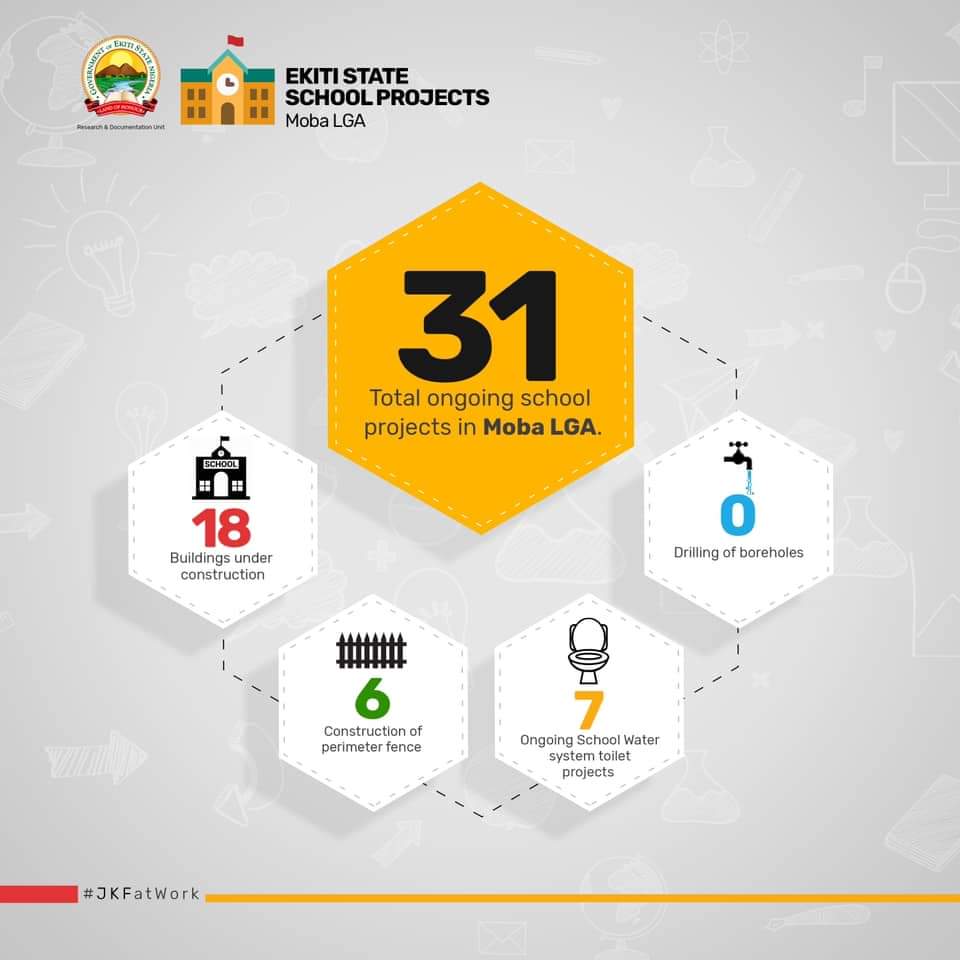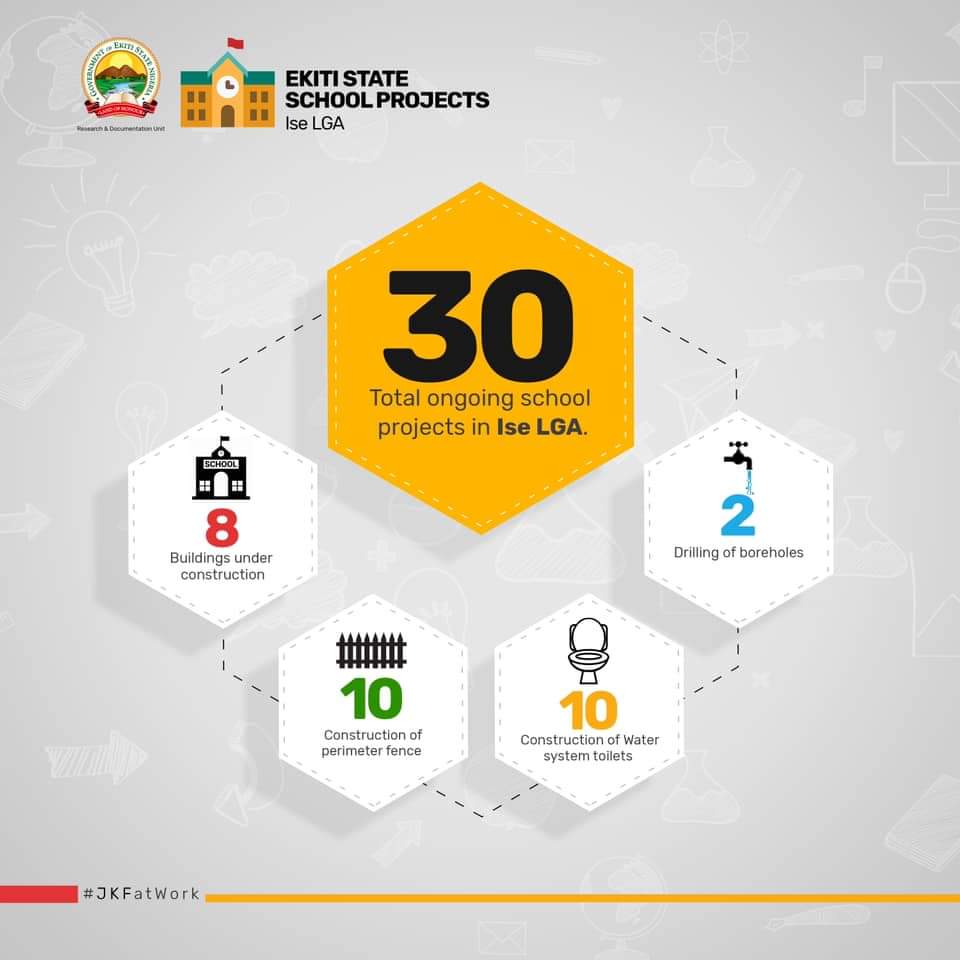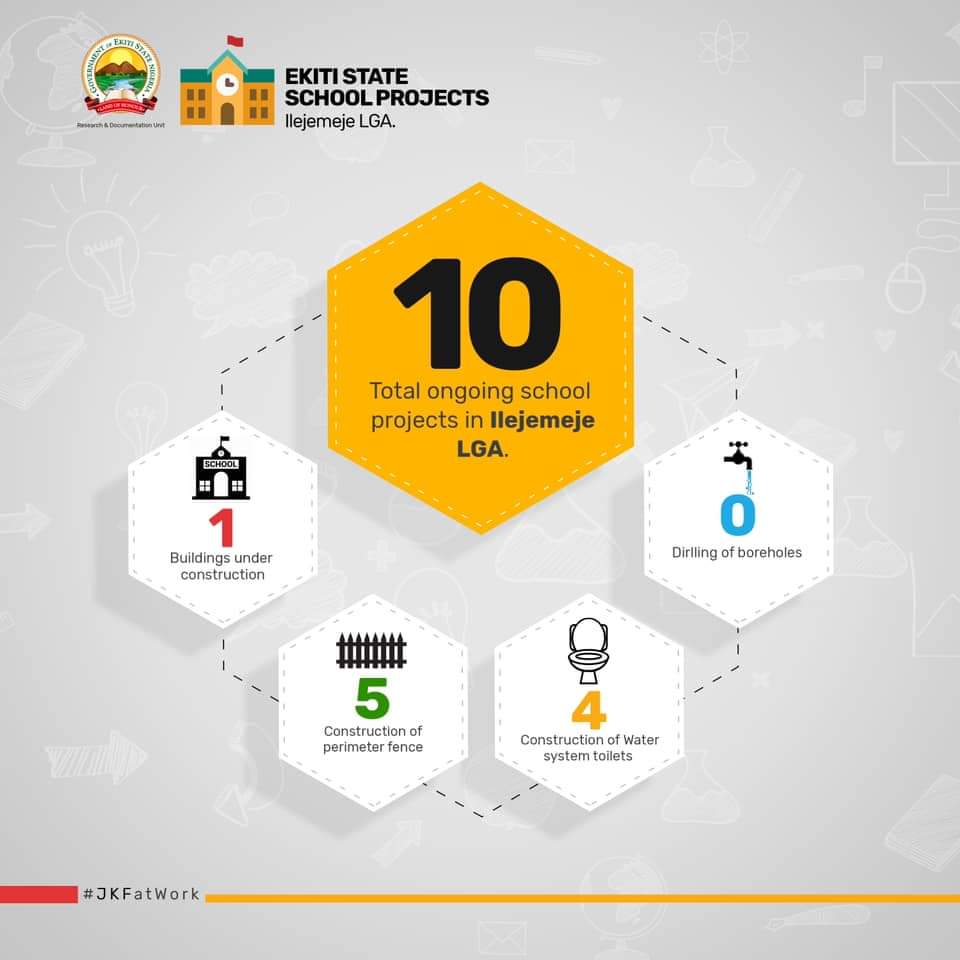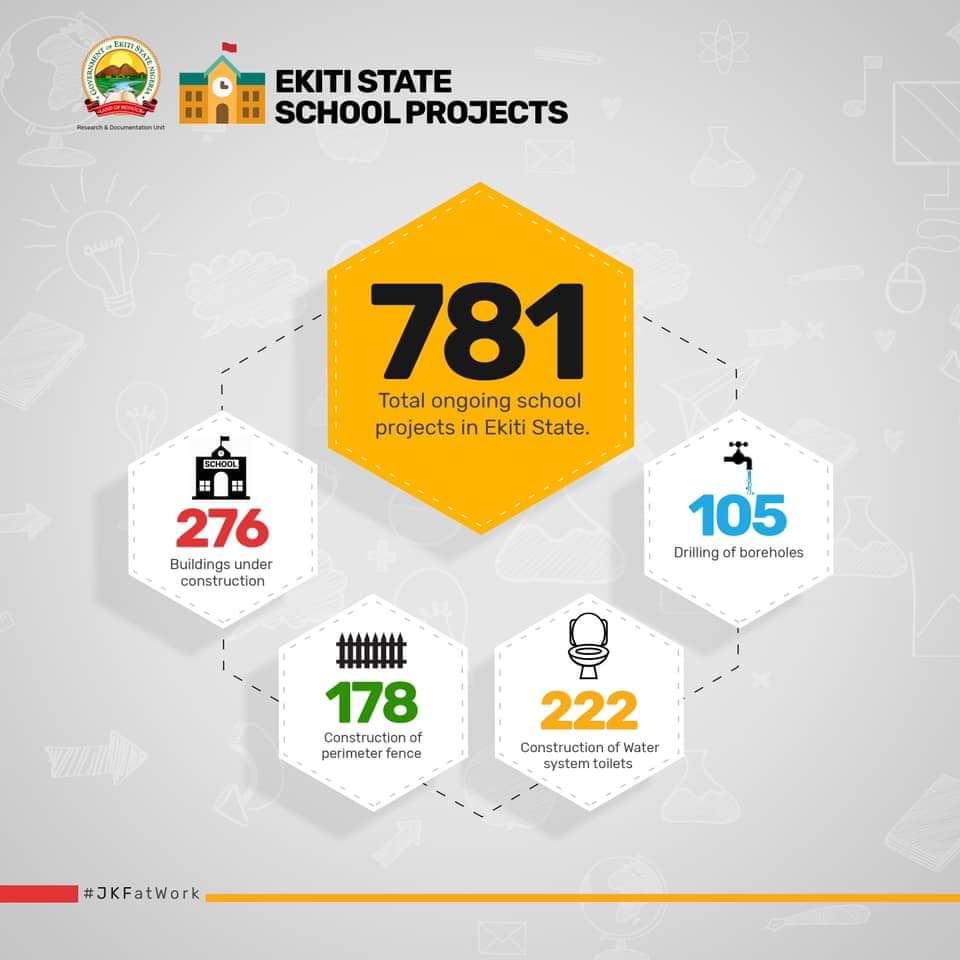A New Ekiti is fueled by the desire to ensure that Ekitikete can thrive and utilize their potentials according to their abilities, without any inhibition or hindrance.
A New Ekiti where state investment in infrastructure and quality education (innovation, and highly skilled human talent pipeline) will promote investment attraction to Ekiti State and where Ekitikete can create their own wealth without recourse to political patronage.
To achieve this, the state is investing in critical economic infrastructure, education, and improve microeconomic conditions that limit productivity in the crucial economic sectors. This is hard to achieve without sufficient revenue.
It is a known fact that Ekiti State ranks low in revenue among its peers in Nigeria, a condition which has been exacerbated by the COVID-19 pandemic. In fact, Ekiti State barely has N300 million left when the wage bill (N2.8 billion) is deducted from its revenue. Internal revenue has been impacted too because of the lockdown experienced by the state due to COVID-19.
Notwithstanding, the state government has initiated reforms and public policy initiatives that have improved its Ease of Doing Business standing as well as enabled investments to trickle in.
To ensure Ekitikete can catch up and compete among their global peers, it is imperative that the state’s legacy heritage – education – is improved upon. Since the inception of this administration, we have introduced educational reforms and initiated improvements on challenges that initially limited access, affordability, and quality of education provision.
These include the reintroduction of compulsory free education policy, the supply and provision of teaching materials and instructional guides, improvement of the curriculum (introducing STEM and ICT), teacher’s training, and provision of infrastructure.
The lack of investment in the past has crippled infrastructure across our human capital development institutions. In public schools alone, this lack of investment has led to the dilapidation of buildings where a total of 651 buildings (492 in primary and 159 in secondary) are currently being prepared for demolition.
It is to this vision of a New Ekiti that the state government has since embarked on continuous state-wide infrastructure improvement in schools, accessing UBEC funding which was not accessed between 2014-2018.
This funding is making it possible to carry out the following ongoing projects in FY2020: 781 total school projects including consecution of new buildings, renovation of existing classrooms, renovation of toilets, borehole construction, and perimeter fences.
In primary schools, a total of 591 projects are ongoing: 196 new building construction, 146 perimeter fence construction, 167 new toilets, and 82 boreholes.
In secondary schools, a total of 190 projects are ongoing: 80 new building construction, 32 perimeter fence construction, 55 new toilets, and 23 boreholes.
Despite this aggressive investment in school infrastructure, there are still pending needs according to the recent education infrastructure data. In primary schools, 1674 buildings require renovation, 290 buildings require completion, 651 schools require perimeter fences, 804 require new toilets, and 698 require borehole facilities.
In secondary schools, 839 buildings require renovation, 121 buildings require completion, 200 schools require perimeter fences, 828 require new toilets, and 205 require borehole facilities.
Governor Kayode Fayemi’s commitment is to ensure that all schools are properly standardized with the right facilities and capacity to improve pedagogy and educational outcomes, that Ekitikete is enabled to catch up with global trends.
This commitment remains undeterred and will be achieved as revenue and funding improve.
Last modified: August 7, 2020

